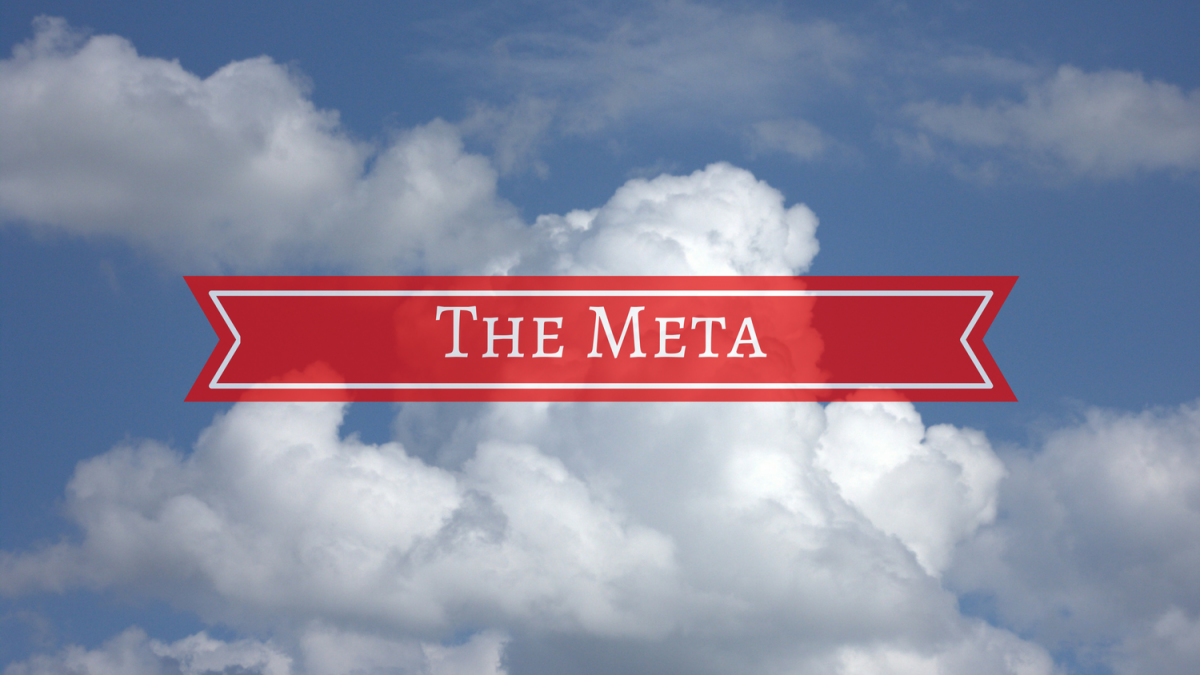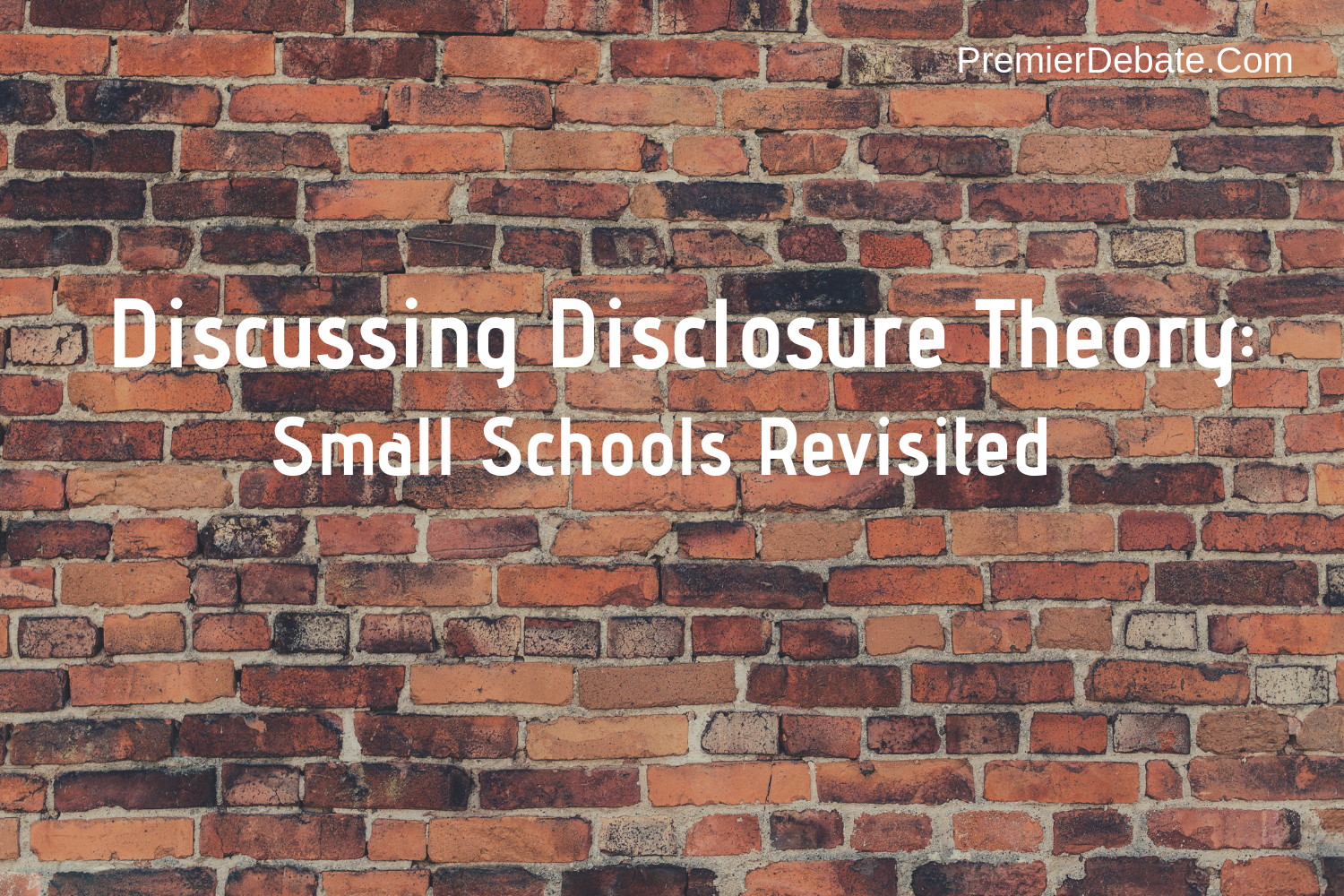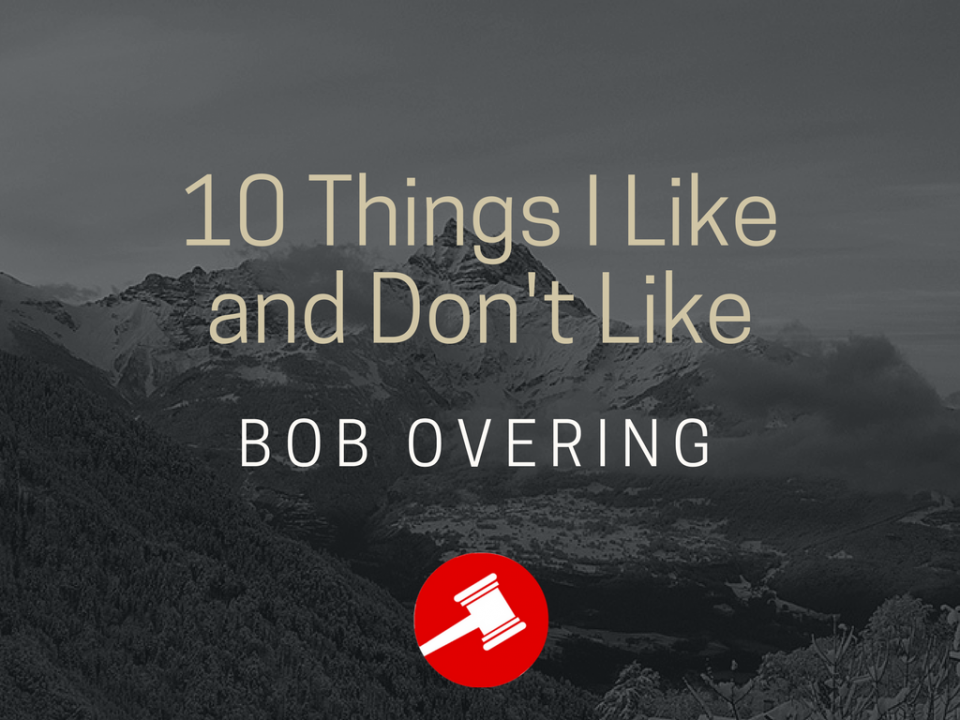Truth Testing “Truth-Testing” (Stephen Scopa)

Despite its recent decline in popularity, truth-testing can be an extremely valuable tool for a debater with the right judge or opponent. Due to the rise in policy-style strategies, debaters have adapted and morphed the function of truth-testing, which has obscured its roots and advantages beyond its application to plans and kritiks. I will attempt to provide a brief recent history of the argument, respond to recent criticism, and then offer a different perspective on the many advantages of truth-testing in LD.
Recent History
My first encounter or discovery of truth-testing was, of course, in Florida by debaters like David Branse from University. Truth-testing has been around in LD since long before my time, but its most recent application – as a response to the prevalence of kritiks – seems relatively new. Kritiks in LD (Ks) often rely heavily on role of the ballot (ROB) claims to up-layer or exclude dense and tricky philosophical positions, so truth-testing (a ROB claim itself) is a natural response.
In this application, the constitutive justification for truth-testing, an attempt to get something right about a specific feature of the judge, took center stage as a way to defeat critical arguments. The natural progression was to use truth-testing to exclude a broader category of arguments like theory, and thus the introduction/popularization of the Nardin card by University School.
All of this led to the current phase in which the perceived purpose of truth-testing reduces it to a “trick” to take out theory and protect abusive strategies. I reject not only this perception, but also the practice of simplistically using the same warrant to address kritiks, theory, etc. Despite this unfortunate application, truth-testing can be, and is, used in a variety of strategic, coherent, and academically valuable ways.
The Constitutive Claim
Last week, Bob Overing wrote an article on this site about the most common use of truth-testing as a response to fairness and education claims. He argues that truth-testing does in fact exclude these impacts, and thus, is not a good practice. While I agree with the premise that categorically excluding all fairness and education impacts is bad, I disagree with the contention that truth-testing inherently excludes any impact the way the argument is usually read.
First, there is a distinction between the objections truth-testers make to a critical ROB and the objections to education- or fairness-based theory arguments. To respond to a critical ROB, the cross-application generally says, “Even if you win that your role of the ballot is better for debate, that is not necessarily a reason the judge should endorse it. My offense better appeals to a constitutive feature of the judge, which is to vote on the truth or falsity of the resolution.” This is a comparative claim, a weighing argument, designed leverage truth-testing against the K rather than trying to exclude it.
But when responding to theory, the cross-application generally says, “truth-testing takes out theory because we do not have the authority to change the rules of the game once inside of it.” This is entirely distinct from the cross-application to kritik ROBs. It says that even if theory is good, it is not in the jurisdiction of the judge to vote for their position. This is not an attempt to leverage a truth-testing position against theory, but direct exclusion by way of a constitutive justification, not truth-testing itself.
The first argument says the truth-testing justification is better than the kritik ROB; the second says theory is outside the judge’s authority entirely. The general objection truth-testers make to theory is not about education or fairness – it’s about the rules of the game. To be exceedingly clear: the “exclusion” of Ks is not exclusion at all, but rather a weighing argument for why truth-testing controls the internal link to constitutive features of judging, while take outs to theory appeal to the incoherence of changing the rules of the game. This is more nuanced than claiming fairness and education are entirely irrelevant.
Second, even if the standard “truth-testing” role of the ballot causes some logical inconsistencies in practice, objections such as Bob’s merely point to instances when truth-testing is applied incorrectly. Often conceptual disagreements arise from a misunderstanding or misapplication of truth-testing, not any problem with truth-testing itself. The argument can be adapted to a variety of situations and thus have different strategic and logical implications across rounds. Any role of the ballot that has the end goal of determining whether the resolution is true or false, regardless of other exceptions, is in some sense, truth-testing. This general idea is not particularly controversial and allows for variations. For instance, I have seen debaters read such ROBs like “truth-testing via fair and safe arguments” or even “vote for the better debater,” modified by factors such as education and discourse, but ultimately focusing on the truth of the resolution (Or consider “test the truth via textual or fair arguments,” an interesting twist that could be fun for some of you tricks debaters). These strategies are a simple fix to most objections and afford debaters strategic flexibility.
I agree that the cross-applications seen in round don’t always make sense, but to say that is the view of truth-testers is definitely too narrow. Truth-testing itself is, in my mind, undoubtedly the end goal of nearly all role of the ballots in some sense, and thus remains a useful and coherent strategy.
The Power of Truth-Testing
I find it all too ironic that a criticism of truth-testing is centered around truth-testing’s truth! This dialectic itself demonstrates one of the several benefits of reading truth-testing that I will outline here in an attempt to revive interest in one of my favorite strategies.
First, truth-testing is good for inclusion. The argument for truth-testing in this sense is very similar to one of topical limits or fair ground. Truth-testing includes nearly every single strategy any debater may want to read under my broader conception. For instance, you could read a K that indicts the truth of my method (anti-blackness, Deleuze, etc.), a traditional philosophy NC, a disadvantage with a consequentialist framework, and really anything else that “tests the truth” of the affirmative. This allows both debaters to engage in the style of debate they are most comfortable with and allows for strategies that can be executed by anyone at any level. The only thing it does exclude is non-topical positions (though I believe there is a world in which non-T affirmatives could exist under truth-testing, my conception here doesn’t endorse them).
When two debaters read arguments of vastly different styles, the debate becomes a question of framework and weighing arguments that debaters are comfortable with, e.g. a tricks debater reading truth-testing versus, say, a K debater reading Deleuze (hence why a prioris can be weighed against a K and vice versa). This understanding of truth-testing allows us to see that its primary purpose is to allow framework and tricks debaters to engage in a debate world that has rapidly shifted to critical ROB positions. Truth-testing, unlike other paradigms/ROBs, does not reduce debate to one set of skills – it allows for diversity of thought, engagement, and reduces resource disparities for students with access to fewer types of debate (I will exclude my thoughts on the benefits of tricks debate here).
Second, truth-testing is necessary to any endeavor – it’s the end goal of academic research, and nearly every worthwhile activity has truth as at least some part of the overall goal. Even those who reject truth-testing in debate often endorse forms of truth-seeking; they just don’t always say it explicitly. For instance, the goal of education is knowledge production or to become smarter through the learning of truths about the world — knowledge does not exist without a search for truth. Critical literature about oppression is often an attempt to find the true theory that explains a form of oppression, to find a true method of mitigating that oppression, and to spread those truths about the conditions of the oppressed. Even competitive activities that don’t necessarily prioritize knowledge production, like basketball or debate, aim to find the truth about something, namely, who is better? That truth-testing is a necessary side constraint of any practice is especially true of debate, where we attempt to determine which debater has won the round based on what the judge believes to be true about the arguments presented. This is truth-testing.
Third, truth-testing is essential for academic honesty and the prevention of corruption. In an academic setting, the truth of the arguments you present, the truth of your convictions, motivations, and intentions are all key aspects that contribute to your legitimacy as a debater and academic. You cannot present false evidence, lie in CX, etc. These are all functions of academic honesty we take for granted in debate and education. In the context of politics, access to truth is necessary to prevent corruption, establish good policies, and inform how we live our lives. We rally against gun violence because it is true that the world would be better without it, we revolt against governments when they hide the truth from us, and we expect our politicians to act in accordance with what is true about climate change. Truth-testing is a fundamental principle of the world around us.
Fourth, a rejection of truth in favor of some other end causes anti-intellectualism. The modern “Donald Trump” age has been characterized by the clouding and even rejection of objective truth in media and politics. This paradigm shift away from finding and endorsing true facts about the world breeds a self-interested brand of politics. The culture of subjectivity and misinformation directly contributes to the structures of violence most policy-style arguments and kritiks discuss in debate. Even worse, it allows them to maintain their existence by hiding such violence in plain sight. Truth-testing then, is a necessary condition of removing this culture of alternative facts and fake news and orient ourselves back toward rational and progressive politics.
While I love a good tricks debate and constitutive truth-testing justifications are useful, there are a variety of better, more nuanced strategies that have been forgotten in an ever-changing debate meta. Theory, truth-testing, and philosophy positions can all be leveraged against the rise of the policy/critical positions in far more diverse and effective ways, and hopefully we will see a rise in these more unique, nuanced, and effective strategies.


